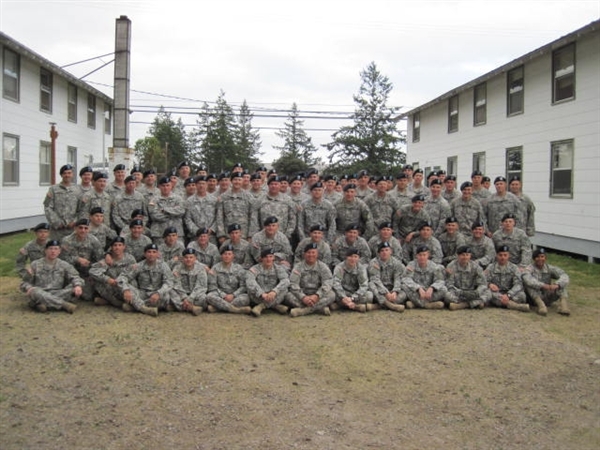WASHINGTON, Aug. 5, 2010 — Transnational terrorism poses the United States’ gravest security threat, with al-Qaida’s core in Pakistan remaining the most-formidable terrorist organization targeting the U.S. homeland, according to a new State Department report covering worldwide terrorist activity during 2009.
“Country Reports on Terrorism 2009,” released today, notes al-Qaida’s continued adaptability and resilience and concludes that its desire to attack the United States and its interests abroad “remains strong.”
Citing U.S. intelligence community assessments, the report concludes that al-Qaida actively plotted against the United States and continued recruiting, training and deploying operatives, including some from Western Europe and North America, during the reporting period. It also recognizes al-Qaida’s efforts to expand its operational capabilities by partnering with other terrorist groups, with varying degrees of success.
These developments came despite al-Qaida setbacks during 2009. The report cites a Pakistani military offensive aimed at eliminating military strongholds, the loss of many top leaders and conditions that have made it more difficult for al-Qaida to raise money, train recruits and plan attacks.
Daniel Benjamin, the department’s counterterrorism coordinator, said al-Qaida’s attacks on Muslims have hurt its standing in the Muslim world. The latest annual State Department report aims to enhance understanding of the international terrorist threat and help to shape efforts to confront it, he explained.
The report tracked the 10,999 terrorist attacks worldwide last year that claimed 14,971 lives. This reflected the lowest number in five years, down from a high of 14,443 attacks in 2006 that left 22,736 people dead.
The report identified Iran, Syria, Sudan and Cuba as state sponsors of terrorism. Calling Iran the most active of the four, the report said its support for extremists in the region “had a direct impact on international efforts to promote peace, threatened economic stability in the [Persian] Gulf, jeopardized the tenuous peace in southern Lebanon and undermined the growth of democracy.”
Also identified in the report were terrorist safe havens, by region. In South Asia, it cited Afghanistan and Pakistan; in the Middle East, Iraq, northern Iraq, Lebanon and Yemen; in Africa, Somalia and the Trans-Sahara; and in East Asia and the Pacific, the Sulawesi Sea and Sulu Archipelago.
In the Western Hemisphere, the report identified Venezuela as well as the Argentina-Brazil-Paraguay tri-border area as terrorist safe havens.
The report cites U.S. efforts to strengthen its counterterrorism strategy, but emphasizes that an effective policy must go beyond law enforcement, intelligence and military efforts.
Instead, the administration is formulating policies designed to shape and constrain the environments where terrorists operate. The goal, Benjamin explained, is to undermine the appeal of al-Qaida’s world view and isolate extremists.
“Our actions are guided by a recognition of the phenomenon of radicalization and the need to prevent more people from committing themselves to violence,” he said.
The United States is seeking ways to address the root causes of radicalism, he said, confronting the political, social and economic conditions that terrorist organizations exploit to win over recruits and financiers. Part of this involves expanding foreign assistance where violent extremism has made inroads, such as Pakistan and Yemen.
As the United States refines its own counterterrorism strategy, Benjamin said, it’s increasingly reaching out to the international community to confront terrorism multilaterally. “We are seeking to boost the political will and strengthen the resolve of leaders around the world to confront terrorist threats,” Benjamin said, calling that will “essential” to addressing terrorism over the long term.
“Ultimately, our success will hinge on strengthening the ability of others around the world to deal with terrorism in their countries and regions,” he said.
Source:
U.S. Department of Defense
Office of the Assistant Secretary of Defense (Public Affairs)

 von
von 